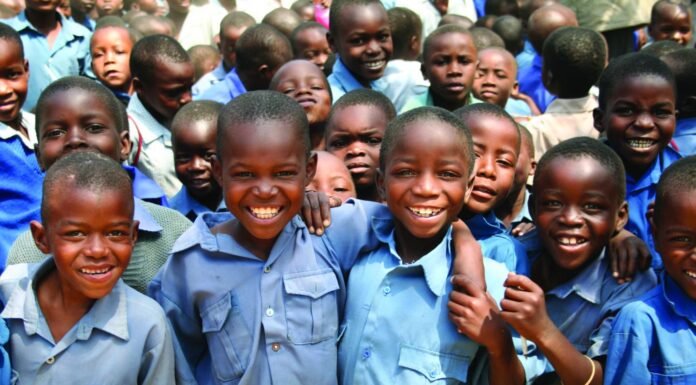
By Staff Reporter
Harare – Civil society groups have called on the Government of Zimbabwe to increase funding and strengthen policies that support children’s rights, as the country joined the rest of Africa in commemorating the Day of the African Child on June 16.
This year’s commemorations ran under the theme “Planning and Budgeting for Children’s Rights: Progress Since 2010.”
The theme encourages African governments to prioritize children’s rights through deliberate planning and effective resource allocation.
Transparency International Zimbabwe (TIZ) and ZimRights said that although progress had been made since 2010, corruption, poor funding, and outdated laws continued to block access to basic services for children, especially the vulnerable.
TIZ raised alarm over corruption risks linked to the delayed disbursement of education funds. These include bribes for enrollment, informal BEAM charges, and misuse of school property.
“Delays in budget disbursements create room for corruption. This hurts poor families and affects children’s access to quality education,” TI Z said in a statement.
ZimRights echoed the concern, saying programs like BEAM and school feeding schemes are not enough on their own. The organisation said national budgets must respond to children’s full needs—education, healthcare, documentation, and protection.
In many communities, children face child labour, lack of birth certificates, and unsafe learning environments. ZimRights also condemned the continued use of the Vagrancy Act, which they say punishes children living on the streets.
“These children are not criminals. They are victims of poverty and inequality. We must repeal colonial laws and protect vulnerable children,” said ZimRights.
Both organisations urged the government to align child protection laws with the African Charter on the Rights and Welfare of the Child, and to make public spending more transparent.
They also called for stronger monitoring of BEAM, digital enrolment systems, and youth participation in policy planning.
“The time to invest in our children is not tomorrow—it is now,” said ZimRights.






